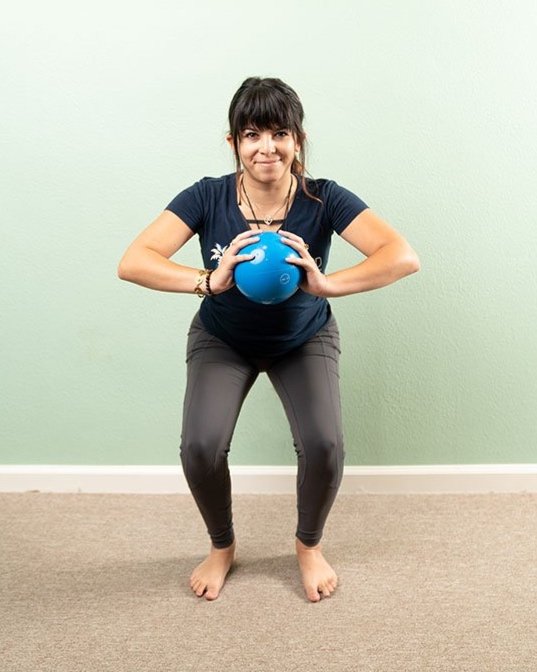Functional Movement Therapy
What is Functional Movement?
Functional Movement refers to the ability to move efficiently and effectively throughout the entire range of motion, especially in relation to everyday activities. It’s about moving in ways that are essential for daily life—such as bending, lifting, walking, and reaching. Whether it’s carrying groceries, tying your shoes, getting up from the floor, performing personal hygiene tasks (such as wiping your own behind), showering/cleaning your body and washing your hair, functional movement training helps you perform these actions with ease. It promotes a pain-free, efficient range of motion, maintaining independence and comfort in daily life. Through functional movement, you improve flexibility, strength, and coordination, allowing you to move confidently through all aspects of your day.
Beyond just supporting daily activities, functional movement also forms the foundation for more advanced strength and athletic training, helping to build the right mechanics for optimal performance.
Why is Functional Movement Training important?
Functional movement training focuses on improving the body's natural movement patterns and muscle recruitment, ensuring that we can move safely and effectively in all situations. By addressing areas of weakness, imbalance, and poor movement habits, functional movement training aims to improve overall body mechanics and alignment. We want to override the motor memory that the body has stored from compensatory movements developed after an injury. This process helps retrain the body to move in a more efficient and natural way, ultimately enhancing performance and reducing the risk of future injury.
This type of training emphasizes core activation and strengthens the body from the inside out. It helps increase awareness of inactive muscles, teaches which muscles need to be stretched or strengthened, and ensures more efficient movement. Regular practice of functional movement can prevent injuries, resolve pain caused by poor posture or overuse, and improve overall mobility and strength.
Who Needs This Service?
Functional movement therapy is ideal for anyone seeking to enhance their body’s ability to move pain-free and efficiently in everyday life. It is particularly beneficial for:
Chronic Pain Sufferers: If you're dealing with persistent discomfort or pain, functional movement training can target the underlying causes of your symptoms by improving posture, muscle activation, and movement patterns.
Rehabilitation Patients: Those recovering from injuries or surgeries can benefit greatly from functional movement therapy, which aids in restoring proper movement patterns and promoting healing.
Athletes and Active Individuals: Whether you’re a competitive athlete or a casual exerciser, functional movement training can enhance your performance, prevent injuries, and support long-term physical conditioning.
Sedentary Workers or Individuals: For those who spend significant time sitting, functional movement helps mitigate the negative impacts of a sedentary lifestyle, improving posture and overall movement mobility.
Older Adults: As we age, it becomes even more important to maintain strength, flexibility, and balance to reduce the risk of falls and promote independence. Functional movement therapy helps improve these factors for better daily functioning.
What to expect?
During your functional movement session, expect a personalized approach that focuses on core activation, improving strength, and enhancing movement efficiency. You'll learn which muscles require stretching versus strengthening and how to properly activate them to achieve optimal movement.
A key aspect of the session is identifying and addressing muscle imbalances, helping you to improve your movement habits. Using light props, the practitioner will guide you through exercises and strategies that you can incorporate into your daily life to support better posture, balance, and strength.
Whether you're working on foundational movement patterns, recovering from an injury, or seeking to maintain mobility as you age, your session will be tailored to your individual needs. The ultimate goal is to empower you to move more freely, with less pain, and to maintain function across all activities—from sitting to standing, bending to walking, and more.


